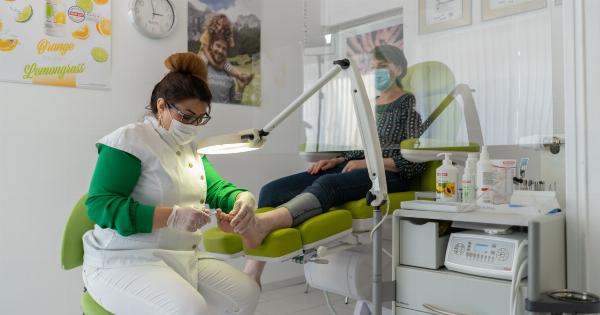Continuous Professional Development (CPD) is essential for professionals in every field to stay up to date with latest industry trends, technology and techniques.
In healthcare industry, Continuing Competence Program (CCP) serves as a tool for healthcare professionals to maintain and enhance their professional competence and skills throughout their career. Although CCP is mandatory in many countries, some healthcare professionals question whether it is necessary to participate in yearly CCP.
In this article, we will analyze the benefits and drawbacks of participating in CCP every year and discuss whether it’s necessary for healthcare professionals to attend the yearly CCP.
What is CCP?
CCP is a program that emphasizes the importance of lifelong learning for healthcare professionals, which ensures that they can provide safe and effective patient care.
The goal of CCP is to help healthcare professionals continue to grow their skills, knowledge and judgment throughout their careers.
CCP is mandatory in many countries, including the United States and Canada. Healthcare professionals are required to participate in CCP to maintain their license, and can face penalties or fines if they fail to complete the required CCP activities.
Benefits of Yearly CCP
There are several benefits to participating in CCP every year, including:.
Staying up to Date with Industry Trends and Technology
Healthcare is a rapidly evolving field, and new technology, treatments and techniques are constantly emerging. Participating in yearly CCP ensures that healthcare professionals keep up to date with the latest trends and technologies within their field.
Enhancing Professional Competency
CCP activities can help healthcare professionals enhance their professional competency, including communication, clinical knowledge, professionalism, teamwork and patient-centered care.
Participating in yearly CCP activities can help healthcare professionals maintain and develop these competencies necessary for their career.
Meeting Licensing Requirements
As mentioned, license renewal typically requires the completion of CCP activities. Participating in yearly CCP activities ensures that healthcare professionals meet these requirements timely and efficiently.
Drawbacks of Yearly CCP
Although yearly CCP has its benefits, there are also some drawbacks, including:.
Time and Cost
Participating in yearly CCP activities can be time-consuming and expensive. Healthcare professionals typically have to pay registration fees, transportation and accommodation expenses, and they may also lose income while away from work.
Redundancy
Some healthcare professionals feel that participating in yearly CCP activities can be redundant and repetitive if they have already taken similar courses in the past.
They may also find the material unchallenging and unstimulating, causing disinterest and boredom during the program.
Is Yearly CCP Necessary?
Whether a healthcare professional needs to participate in yearly CCP ultimately depends on the individual’s goals, requirements and preferences.
CCP is mandatory in many countries, and healthcare professionals who fail to complete the required CCP activities can face penalties or fines.
For healthcare professionals who are motivated to stay up to date with industry trends and technology, and are committed to enhancing their professional competency, participating in yearly CCP activities can be beneficial.
However, for those who feel that yearly CCP activities do not provide significant value, alternatives may be to participate in biennial or triennial CCP activities or utilize alternative educational resources such as online courses, seminars, self-directed learning, and peer-to-peer learning activities.
Conclusion
Continuous Professional Development is essential to maintain competence as a healthcare professional. Whether yearly CCP participation is necessary depends on the individual’s goals, requirements and preference.
Healthcare professionals who prioritize staying up to date with industry trends and technology, committed to enhancing their professional competency, and meet regulatory requirements should consider yearly CCP activities. For those who do not see significant value in yearly CCP, there are alternative options available. Ultimately, the decision on whether yearly CCP is necessary or not lies in the hands of healthcare professional.






























